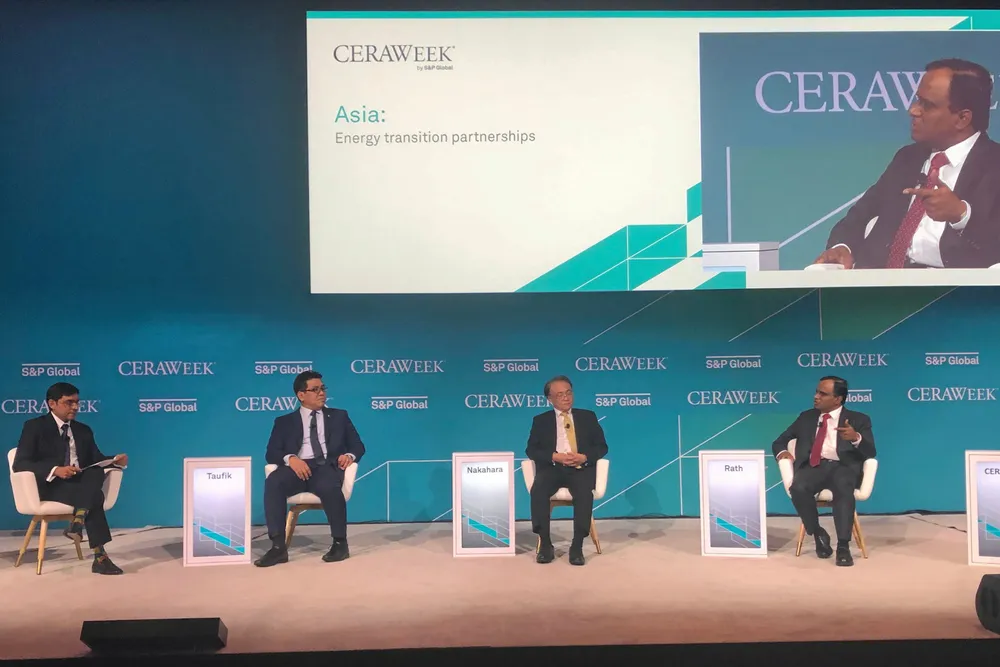Malaysia seeks role as leading Asian hub for carbon capture and storage
Petronas aims to sequester 11.6 million tonnes of carbon dioxide by 2025 and has identified depleted fields to apply CCS technology

Petronas aims to sequester 11.6 million tonnes of carbon dioxide by 2025 and has identified depleted fields to apply CCS technology
